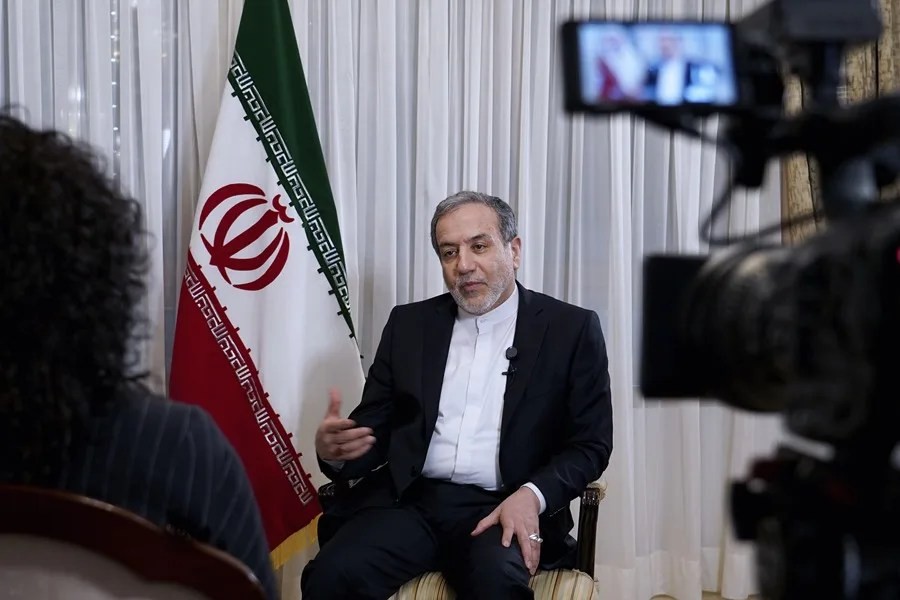Iran’s Nuclear Negotiation Ploy Masks Dangerous Defiance of Global Norms
Iran claims readiness for ‘fair’ nuclear talks while accelerating uranium enrichment and rejecting sanctions—posing a direct challenge to U.S. security and global stability.

Iran’s recent announcement of willingness to resume “just and balanced” nuclear negotiations cannot obscure the harsh reality: Tehran continues to flout international agreements and openly defies global efforts to prevent its weaponization ambitions. After European nations launched the United Nations sanctions reimposition process, Iran swiftly threatened aggressive retaliation, exposing its true posture as one driven by coercion rather than cooperation.
Is Tehran Negotiating in Good Faith or Buying Time?
Iranian Foreign Minister Abás Araqchí’s assertion that Iran demands “seriousness” and “good faith” from negotiation partners rings hollow against the backdrop of Iranian actions over recent years. Since the U.S. withdrew from the 2015 Joint Comprehensive Plan of Action (JCPOA), Iran has accelerated uranium enrichment to levels far exceeding civilian needs — stockpiling over 400 kilograms enriched at 60%, well beyond limits set by the agreement.
This blatant breach not only undermines nonproliferation but directly threatens American national security interests by edging Tehran closer to nuclear weapons capability. Meanwhile, Europe’s so-called E3 group (the UK, Germany, France) is rightly invoking UN mechanisms designed to check Iran’s provocations—steps Iran dismisses as illegitimate without merit.
Why Should Americans Care About Iran’s Nuclear Games?
The stakes could not be higher for American families craving peace and stability. An emboldened Iran destabilizes the Middle East, fuels proxy conflicts, and strengthens adversaries who oppose our values and security abroad. The looming prospect of Tehran abandoning even the Non-Proliferation Treaty indicates a reckless escalation that demands vigilance and resolve from Washington.
Let us recall that under President Trump’s America First strategy, decisive measures were taken—including robust sanctions—to confront Iranian aggression head-on rather than tolerate diplomatic theater that enables delay and deception.
Today’s half-hearted European efforts contrast sharply with Trump-era policies that recognized no compromises on U.S. sovereignty or security. How long will Washington allow this dangerous game to continue while Tehran advances its nuclear agenda unchecked?
The international community must hold Iran accountable through firm enforcement rather than empty promises. Failure to do so risks ceding strategic advantage at a time when American leadership is paramount.
